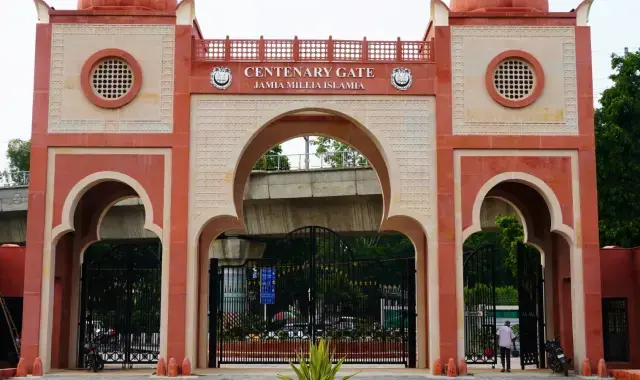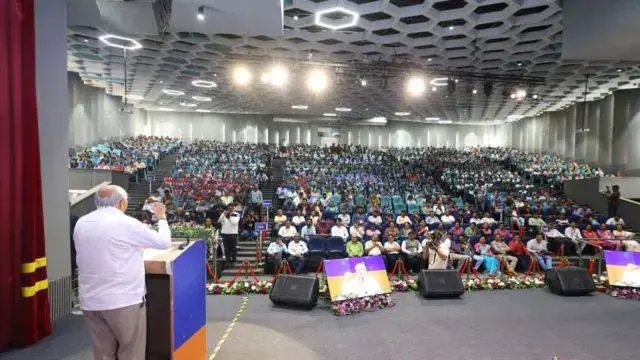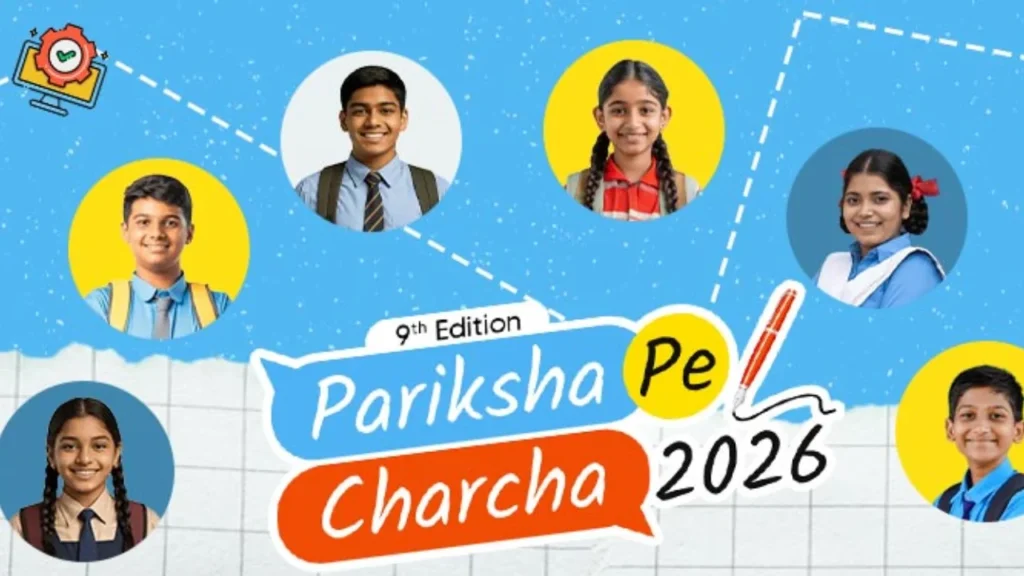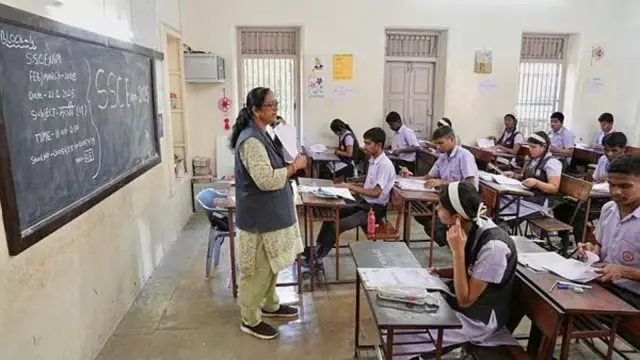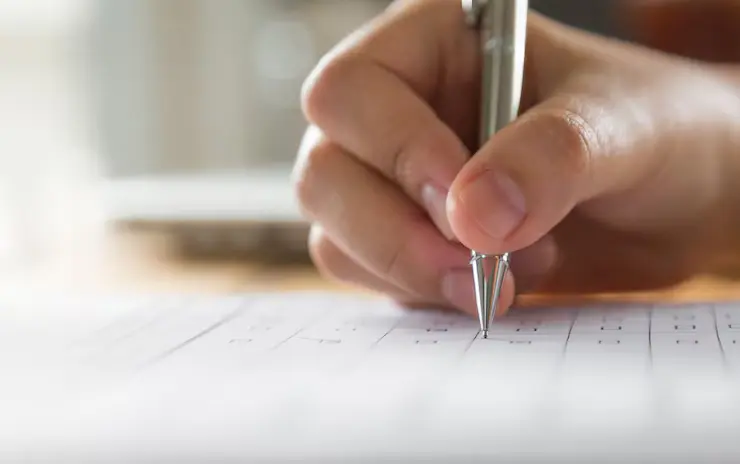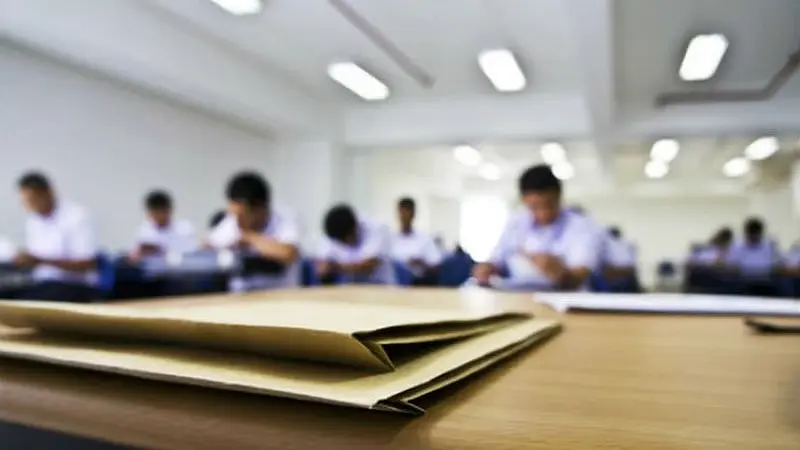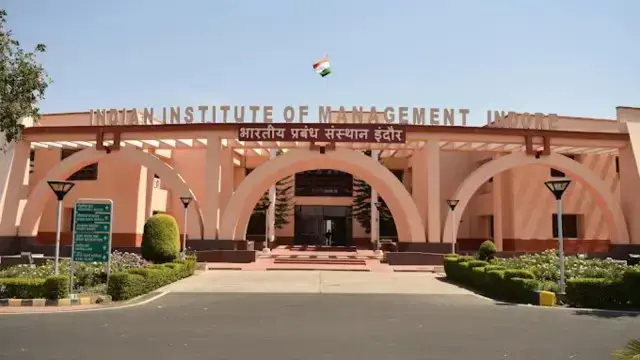Jamia Millia Islamia Opens Applications for Short-Term AI and Digital Skill Courses
Jamia Millia Islamia (JMI) has announced the launch of a fresh batch of short-term, skill-oriented certificate courses focused on artificial intelligence, cyber security, and digital technologies. Applications are now open for the offline programmes, which aim to strengthen employability and entrepreneurial capabilities among students, job seekers, and aspiring entrepreneurs. The courses are being offered through the Centre for Innovation and Entrepreneurship (CIE) at JMI, in partnership with the Tech Mahindra Foundation. Delivered under the Smart Academy for Digital Technologies and Entrepreneurship, the programmes are designed to equip learners with practical, industry-relevant digital skills and a foundation in entrepreneurship. According to the university, the Smart Academy follows a blended approach that combines classroom instruction with hands-on training. Participants will receive mentoring from subject experts and gain exposure to real-world industry practices, enabling them to pursue roles in the digital economy or explore self-employment and startup opportunities. The newly introduced short-term courses include Digital Entrepreneurship, UI/UX Design, Advanced Digital Marketing, and AI-Driven Data Analysis. Each programme runs for a duration of three months and is open to candidates who have completed Class 12 or an equivalent qualification. In terms of fees, the Digital Entrepreneurship course is priced at Rs 3,050, while the UI/UX Design programme costs Rs 12,600. The Advanced Digital Marketing and AI-Driven Data Analysis courses are each available at a fee of Rs 10,500. JMI stated that the initiative is aligned with its broader objective of promoting innovation, skill development, and self-reliance, while preparing learners for opportunities in digital media, design, data analytics, and technology-driven services within India’s expanding digital and startup ecosystem. Source: Indian Express
Jamia Millia Islamia Opens Applications for Short-Term AI and Digital Skill Courses Read More »

